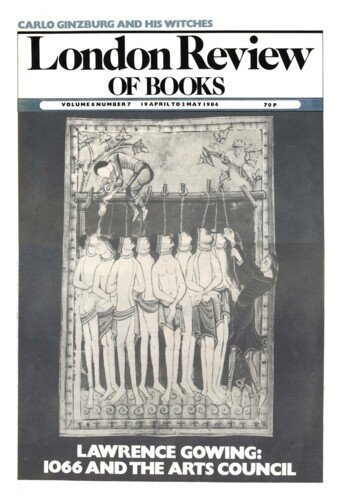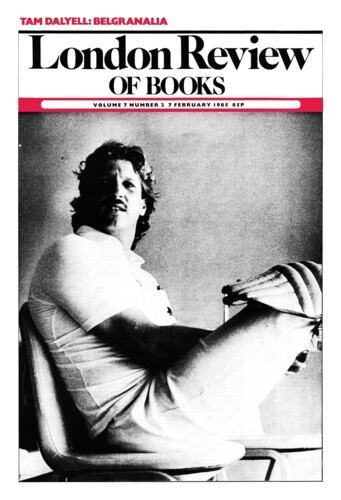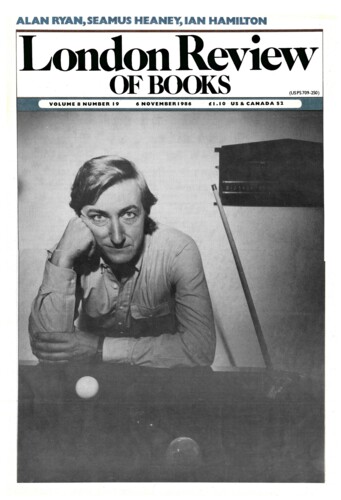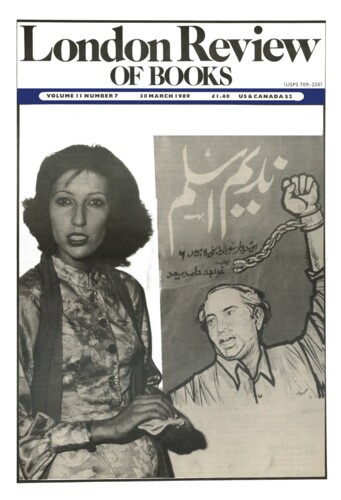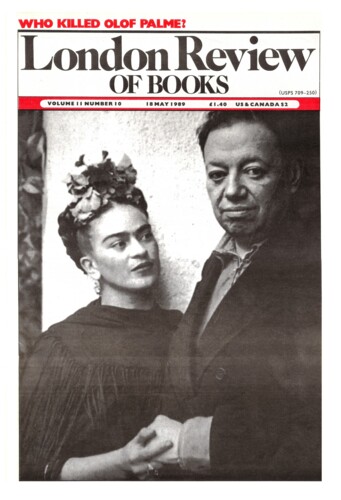What Keynes really meant
Peter Clarke, 19 April 1984
The centenary of Keynes’s birth in 1883 has come and gone. Last year saw the opportune publication of Robert Skidelsky’s much-heralded new biography – or at least of its first volume, which does not get further than 1920. It is a formidable work, designed to out-Harrod Harrod, which will be an unparalleled source for those interested in the rise of the junior clerk in the Military Department of the India Office and his extra-departmental interests. ‘Yes,’ he affirmed to his friend Lytton Strachey, ‘I am a clerk in the India Office – having passed the medical with flying colours, balls and eyesight unusually perfect they said.’ It is, as it happens, after 1920 that Keynes’s career acquires more interest for those concerned with other parts of his anatomy, especially what was happening inside his head – a story that remains to be told.–
